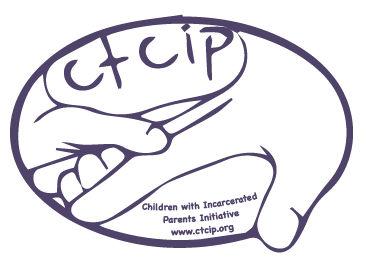CT Children with Incarcerated Parents (CTCIP) Initiative
Dedicated to improving the quality of support for children with incarcerated parents by leveraging data and insights to inform public policy and enhance practices.

History
The CT Children with Incarcerated Parents (CIP) Initiative, funded by the Connecticut General Assembly since 2008, is the first legislatively funded statewide initiative in the United States to support children with incarcerated parents. Through research, evaluation, and collaboration with academic and community partners, the initiative seeks to improve services, inform public policy, and enhance outcomes for these children and their families.
Current Initiatives

Child-Friendly Spaces in Correctional Facilities
- Invested over $70,000 to create family-friendly visiting areas at Connecticut correctional facilities.
- York Correctional Institution: Funded the state’s first playground at a correctional facility, providing a safe space for children during visits.
- McDougall-Walker Correctional Institution: Renovating indoor spaces to make visits more welcoming for families.
Scholarship Fund
- Over $75,000 awarded to undergraduate students impacted by familial incarceration.
- Recipients receive $1,500 per academic semester to reduce financial barriers and support academic success.
- Donate to the Fund
Workshops and Trainings
- We collaborate with educators, the Department of Corrections, and the Department of Children and Families to equip professionals with tools and knowledge to better support children and strengthen family connections.
Children’s Website
- This resource on the CIP website is designed to help children understand the criminal justice system through clear explanations, interactive content, and age-appropriate activities.
Contact Us
For more information, reach out to the CIP Initiative:
- Email: ctcip@uconn.edu
- Phone: (959) 200-3476